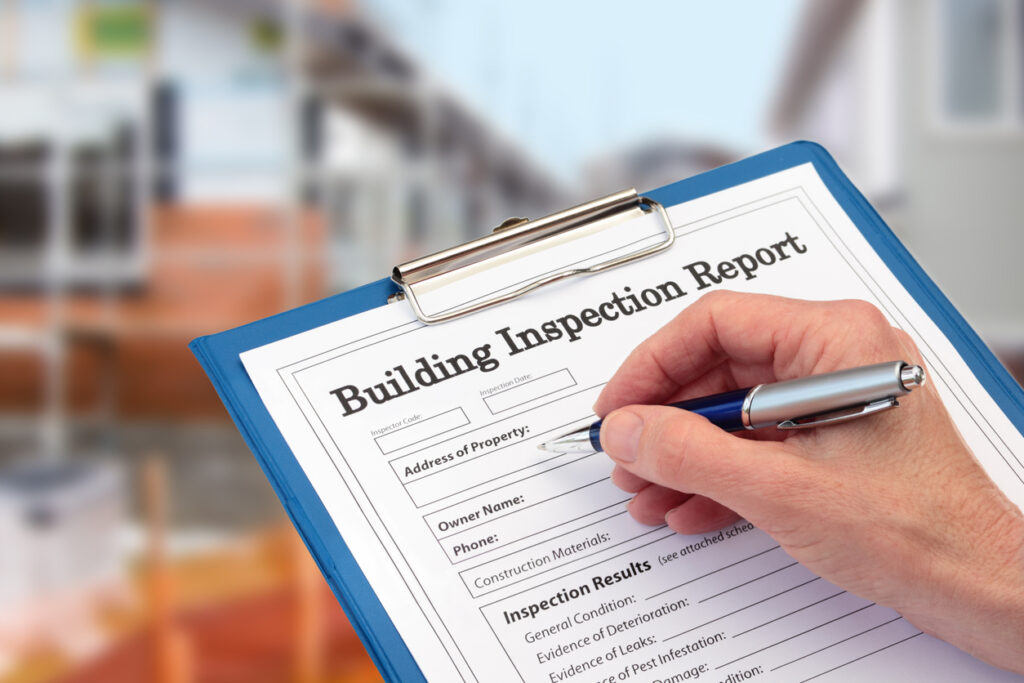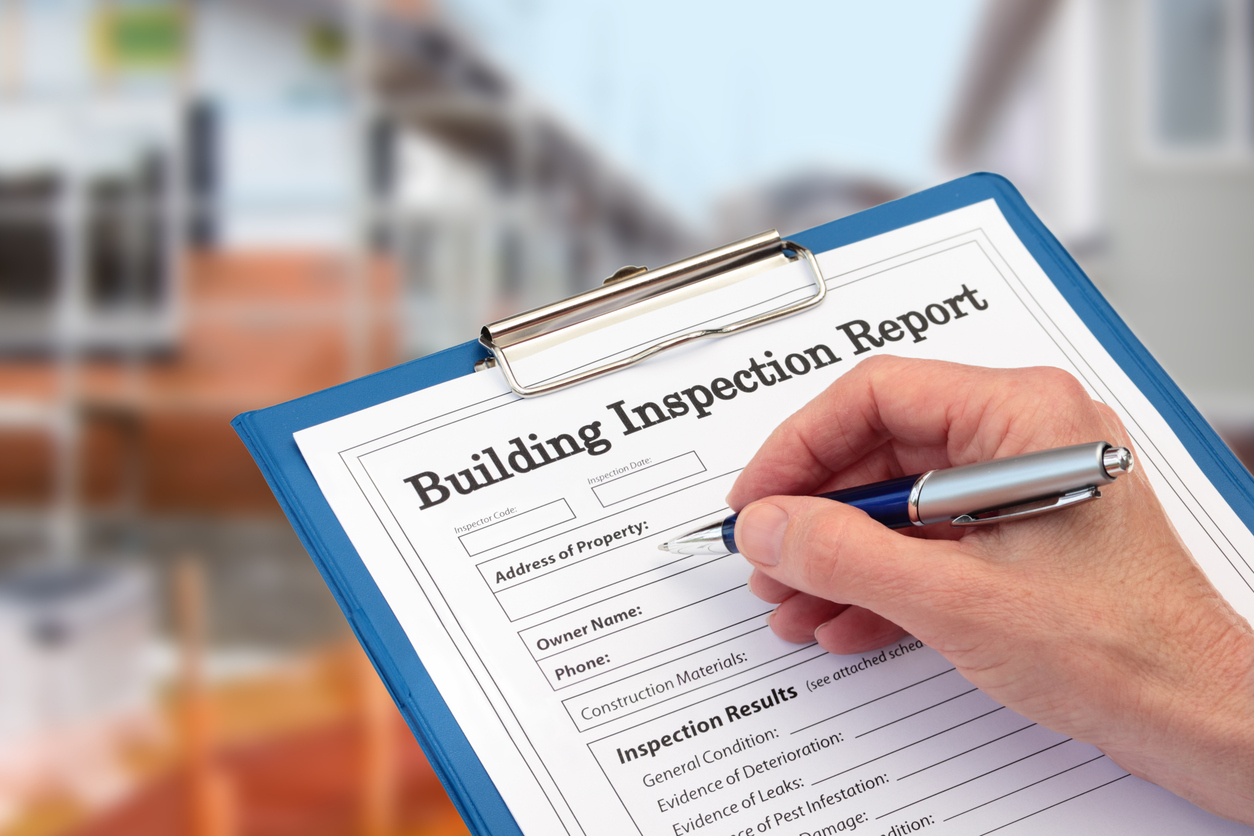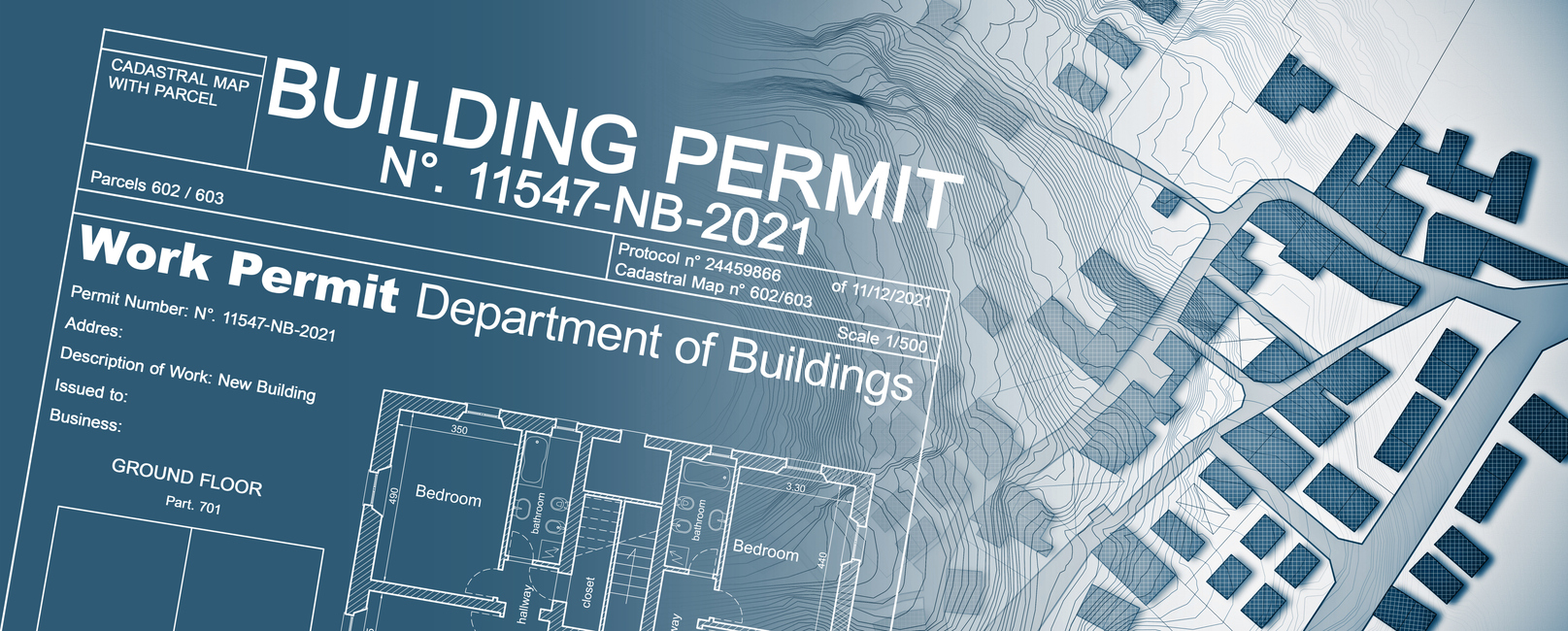Frequently Asked Questions about NYC DOB and Permit Expediting
These are the most common frequently asked questions regarding permit expediting.
What services does S&M Expediting offer?
- Building Permits
- Event Permits
- Work Permits
- Equipment Use Permits
- DOB Filing Services
- Building Violation Research
- Building Violation Removal
- Removal of Stop Work Violation Orders
- HPD Violation Removal
- Legalize existing work
- Alteration Type 1,2, and 3 Job Filings
- Construction Consultation
- Drafting, Architectural, and Engineering Services
- Luxury and Custom Contracting Referral Services
- Asbestos Investigation and Lead Abatement
How can SME help my business?
In short, we save you time! We act as an owner representative for all things related to your construction project’s permits and filings. We represent you at New York’s Department of Buildings, ECB Court for Violation Removal, and on-site to make sure contractors are closing out jobs and procuring the right permits.
How long do I have to wait to see a plan examiner for an appointment?
It depends on the demand. Appointments are scheduled up to two months in advance.
Why doesn’t my building have a Certificate of Occupancy?
Buildings built prior to 1938 that have had no changes made to their occupancy or egress since then, do not require Certificates of Occupancy.
How do I get a “curb cut” permit?
File an application document (PW1), a recent survey, a drawing of the planned curb cut and a filing fee with the Department. After the plan is approved, a permit can be obtained. You will need the professional services of a Registered Architect (RA) or Professional Engineer (PE).
What’s the difference between a demolition and an alteration?
Demolition is the removal of the entire building, including the foundation. In an alteration you may remove interior and exterior walls, but not the entire foundation. An alteration can also be the addition of stories; an enlargement; or a new structure built on top of an existing foundation.
What kind of electrical work requires a permit?
Most electrical work requires an application to be filed by the licensed electrician. A permit will be issued, an inspection must take place, and a certificate should be issued. Minor work, which is limited in scope, requires filing (with a lower filing fee) and a permit, but no inspections are required and no certificate is issued. Maintenance work must also be filed, but there is no fee, permit or inspection. For questions about electrical applications and permits, contact S & M Expediting. (718-833-2333)
A PW-1 form is always required. Additional forms, depending on the work to be done, may also be required. Be advised that a licensed Registered Architect or Professional Engineer must submit these forms on behalf of a homeowner for most types of work. Appropriate insurance must be held by all potential permittees unless the permittee is a homeowner who will be performing the work himself on his own home. In that case, a waiver from the Worker’s Compensation Board must be submitted.
What are the construction industry hours of operations?
According to the Department of Environmental Protection’s noise code, working hours are 7:00 AM to 6:00 PM, Monday through Friday.
What type of work requires a licensed plumber?
Any plumbing work beyond the direct replacement of a same-type plumbing fixture, or a simple repair requires a licensed plumber.
Is it legal for a landlord to remove or relocate a radiator?
Yes. There is no code requirement for heating systems other than a boiler. However, if extension-piping relocation is involved, the landlord must retain a licensed Master Plumber to do the work.
When is a sidewalk shed required?
When construction work is over 40 feet high, or 25 feet high for a demolition, and whenever there is a dangerous condition, irrespective of the height
Work was done on a job many years ago and it was not completed. How do I proceed?
You must hire a Registered Architect or Professional Engineer to supersede the previous applicant’s filing and complete the construction approval and sign-off process.
When is a Dept. of Buildings work permit required?
NYC Building Code section 27-126, states that a work permit is required for the following:
- The removal, change or closing of any required means of egress or the cutting away of any wall, floor, or roof construction, or any portion thereof; or the removal, cutting, or modification of any beams or structural supports.
- The rearrangement or relocation of any parts of the building affecting loading or exit requirements, or light, heat, ventilation, or elevator requirements; additions to, alterations of, or rearrangement, relocation or removal of any standpipe or sprinkler piping, water distribution piping, house sewer, private sewer, or drainage system, including leaders, or any soil, waste or vent pipe, or any gas distribution system, or any other work affecting health or the fire or structural safety of the building.
What do I need to put a bike rack or other structure on the sidewalk in front of my building?
You need a revocable consent from the city. This is a grant of a right to an individual or organization to construct and maintain certain structures on, over or under the property of the City (that is, the streets and sidewalks). The City retains the right to revoke a revocable consent at any time.
What is a sidewalk violation?
A sidewalk violation is an official notice issued by DOT stating that your sidewalk is defective. There is no fine associated with a violation. A copy of the notice is filed with the County Clerk and remains on file until the Clerk receives official notification from the City that satisfactory repairs have been made. A violation can complicate selling or refinancing your property.
For which activities are special events permits needed?
Special events permits are required for events/activities where twenty or more people will be present. School picnics, birthday parties, and field days all require a special events permit. S & M Expediting can help you obtain these permits.
May we erect a tent and/or hang signs or banners at our event?
You must inform Parks on your application if you plan to hang signs or banners at your event. No signs or banners can be affixed to trees or fences. To erect a tent, you must receive permission from the Special Events office, and you can’t stake the tent into the ground. In Manhattan, tents are generally not allowed, except under very limited circumstances.
How long will it take to process my event permit?
Permits require at least a minimum of 21 to 30 days to be processed (Different guidelines apply to demonstrations and rallies). Please plan accordingly.
How do I apply for a permit for an event on a street or other non-park property?
Contact the Street Activity Permit Office (SAPO) at (212) 788-7439.
Which activities require a SAPO Permit?
Special Event, Commercial/Promotional Permits: Promotions, stunts, red carpet events, press conferences, and media days.
Street Festival/Block Party Permit: Street festivals including all multi-day and/ or multi-block events, block parties, religious ceremonies, and farmers’ markets.
Which activities fall under the parameters of obtaining a parade permit?
A “parade” is any procession or race which consists of a recognizable group of 25 or more pedestrians, vehicles, bicycles, or other devices moved by human power, or ridden or herded animals proceeding together upon any public street or roadway.
Parade permits are issued by the New York Police Department.
Do I need a permit if I am building a stage for my event?
If you are building a stage over two (2) feet high, you will need to file for a Department of Buildings Structure permit. However, you must file your application first with one of the primary permitting agencies: SAPO, Parks, NYPD, MOFTB and then you will be directed by the permitting agency to contact the Department of Buildings.






